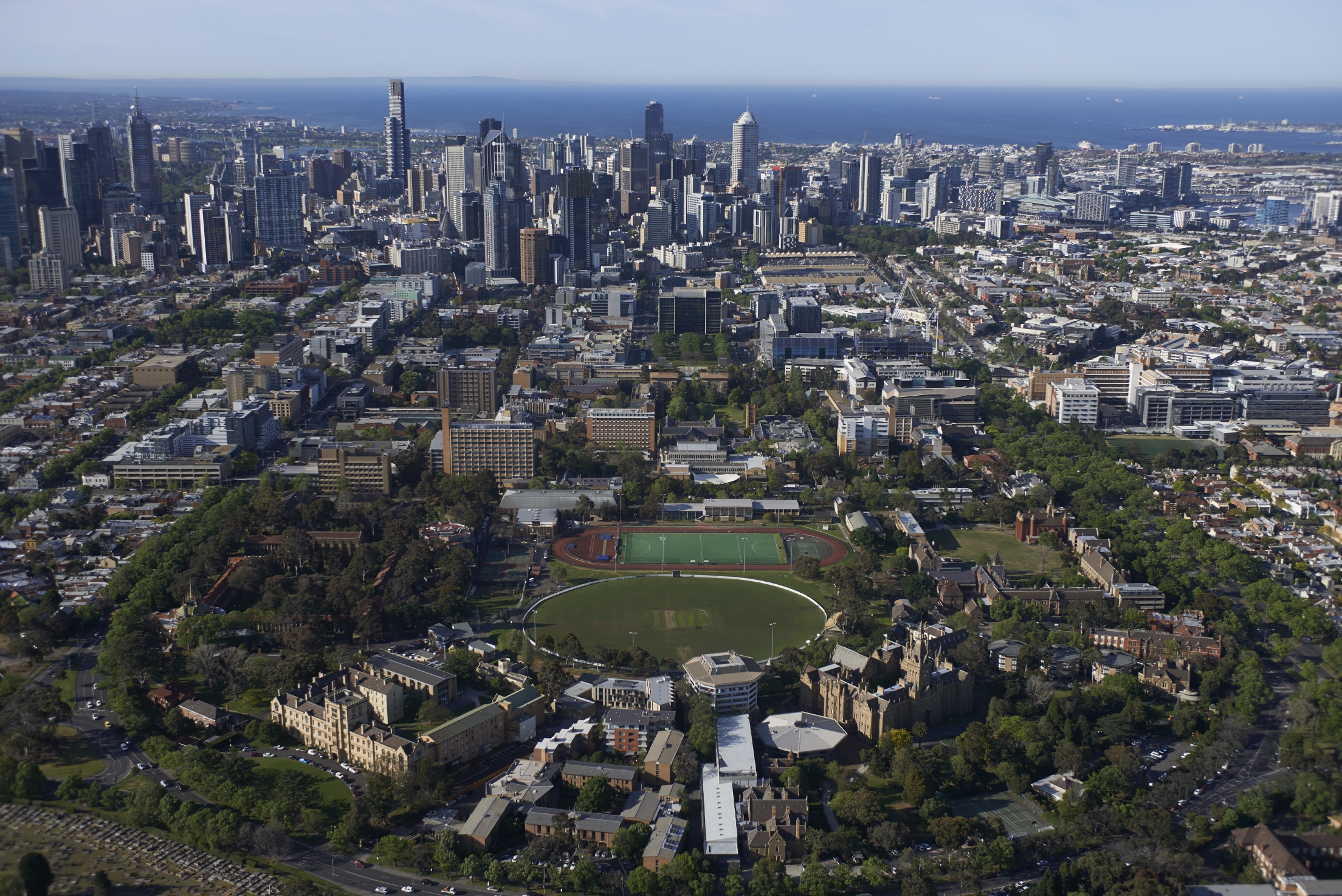Cerebral Palsy Students' Guide for Academics
About Cerebral Palsy
Cerebral Palsy, or CP, is an incurable brain condition that affects movement, muscle control, co-ordination, muscle tone, reflex posture and balance. CP is generally treated as a paediatric condition. Most problems appear in pregnancy or shortly after birth. Individuals with CP often have other congenital conditions. These can vary widely between individuals.
By the time a person with CP reaches university they will have had most of the surgical or other interventions to treat their condition already. As a result they will have a very clear understanding of their needs in order to make the best of their university experience.
Don't make a fuss about me in front of other people.
Tips for Academics
- Because students with CP are aware of their needs they will probably have already made arrangements with disability liaison regarding the adaptions necessary for them to meet course requirements. Often these arrangements were identified and developed in high school.
- Don't make a fuss about me in front of other people.
- The thing that most people with disabilities want above all else is to feel normal. Drawing attention to their condition in group situations can be highly embarrassing and upsetting.
- Some students may not feel comfortable approaching you and so approaching them to discuss what best suits their needs will be appreciated.
- Melbourne Uni has a massive campus. Try to keep lectures and tutorials within their allotted time slots to allow time to get between venues.
- Try to schedule tutorials on ground floors of buildings where possible.
- Lecture recordings are useful for all students with CP because they offer another means of accessing lectures.
- Try to make sure that the important elements are on the slides that you distribute to students, so that less handwriting and typing is required in class.

Getting to and from lectures and tutes can be time consuming and stressful.
How Cerebral Palsy affects my studies
- Sometimes individuals with CP don't have a very obvious impairment. Other times it will be very obvious.
- Getting to and from lectures and tutes can be time consuming and stressful.
- Physical access to tutorial and lecture venues is often of prime importance.
- Physically repetitive activities, such as handwriting and typing, can be tiring and induce fatigue after extended periods.
- Students with CP occasionally have to stop writing to rest their muscles, which can lead to missed information or hindered exam performance.
- Students with mild CP are unlikely to have difficulty using a computer or mobile device.
You don't so much suffer a disability as you are affected by one.
General Tips
- You don't so much suffer a disability as you are affected by one. The word 'suffer' tends to imply that it is temporary.
- Most universities are more disabling than the average workplace. Within a workplace there is often more scope to adapt the workspace and your role to your abilities, whereas at university you are trying to meet a pre-determined set of requirements that are not inherently adapted to your needs.
- Individuals with CP who attend university are likely to be on the milder end of the spectrum.
Further Reading
- Note: because CP is generally treated as a paediatric condition most information on the web is directed at parents.
- Further information regarding the common symptoms of CP is available on the Cerebral Palsy Alliance web site.
About this Guide
This Guide has been written by University of Melbourne students.
It is intended to provide academics with a student perspective on how their condition affects their studies at the University.